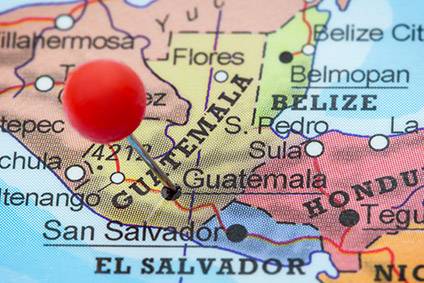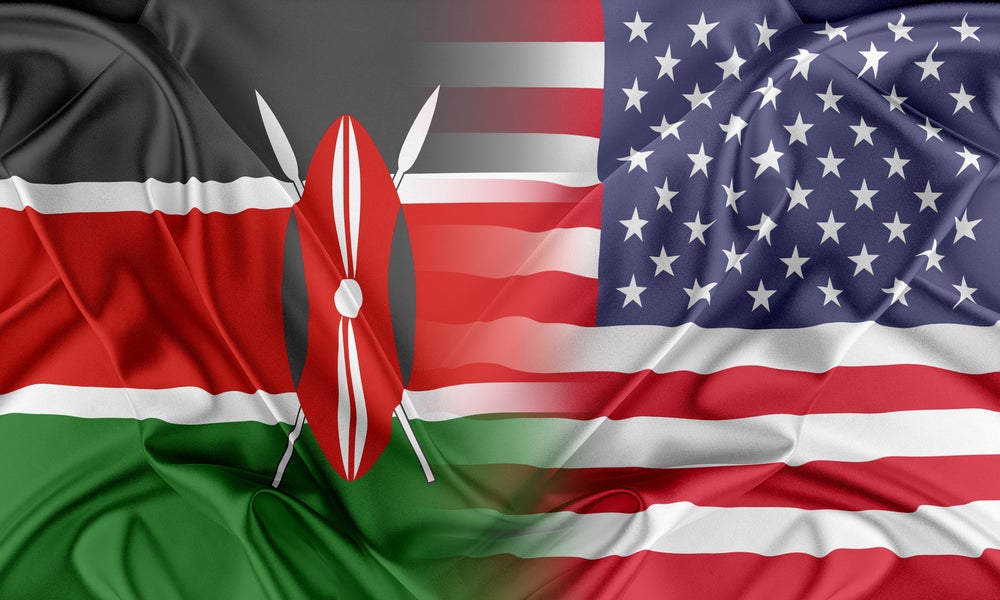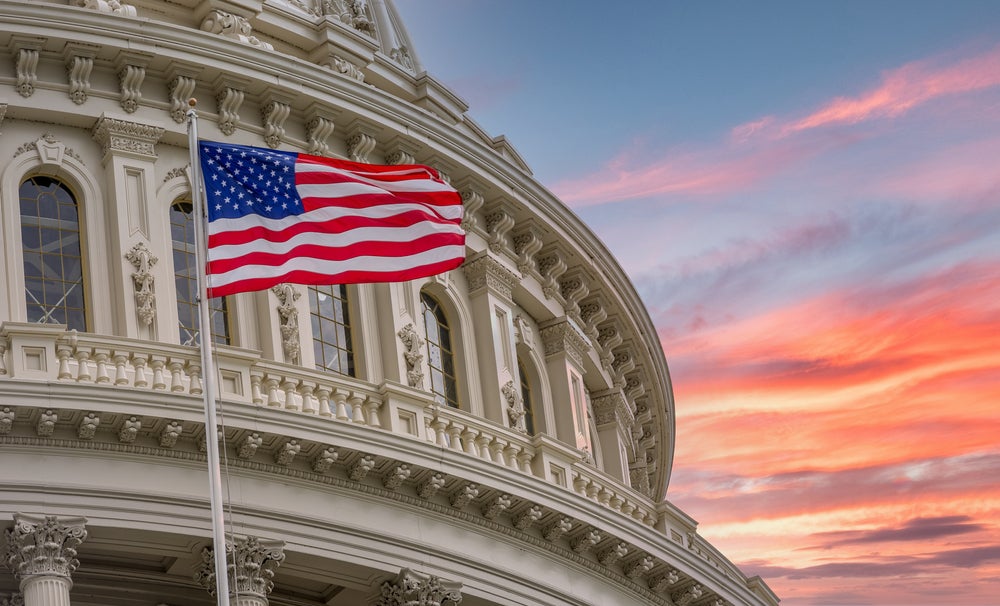
Guatemala’s turbulent political climate is eroding domestic business confidence, although the impact on textile exports – which depend heavily on the United States market – remains to be seen.
Guatemala’s institutional crisis erupted in the summer. On 31 August, President Jimmy Morales ended the mandate of the Commission Against Impunity in Guatemala (CICIG), a body established by the United Nations to help dismantle graft and crime networks.
Morales is himself under investigation for illegal party financing and the nation is polarised, while a series of demonstrations have shaken the country.
“This is a dispute between an organisation of the United Nations and politicians in the government who are defending themselves, but it’s not an obstacle to exports”, Alejandro Ceballos, president of the Guatemalan association of apparel and textile industry Vestex (Asociación de la industria del Vestuario y Textiles), told just-style.
“For us, political issues are not important because our market is the United States – we export 97% of our products there”, Ceballos said.
See Also:
Jonathan Menkos, executive director of the Central American Institute of Fiscal Studies (ICEFI), believes that Guatemala’s domestic tensions hurt its economy.
How well do you really know your competitors?
Access the most comprehensive Company Profiles on the market, powered by GlobalData. Save hours of research. Gain competitive edge.

Thank you!
Your download email will arrive shortly
Not ready to buy yet? Download a free sample
We are confident about the unique quality of our Company Profiles. However, we want you to make the most beneficial decision for your business, so we offer a free sample that you can download by submitting the below form
By GlobalData“When it seemed that the fight against corruption was gaining ground, investors saw positive prospects for the medium to long-term”, he said. “But when the government [stopped supporting anti-corruption measures] it generated greater economic uncertainty.”
According to Menkos, investors in Guatemala fear corruption more than taxes. “Most businesspeople seek clear rules.”
Monthly survey statistics provided by the Bank of Guatemala seem to corroborate this claim. In January 2018, 25% of private analysts believed that the business climate would improve compared to the previous six months. That figure fell to 8.3% in August and zero in September.
Guatemala’s competitiveness is also hindered by the appreciation of the quetzal, which hurts its exports. While neighbouring countries have depreciating currencies, today the exchange rate hovers at GTQ7.69 for each dollar.
The impact of the political crisis on trade remains unclear because figures do not exist yet. For Vestex, its members’ exports will depend on US consumption patterns.
“We would like Donald Trump to continue because the United States is such a big market and it has favoured us”, Ceballos says. “I’m not a politician, but this man is phenomenal for business – he has done things that no one has succeeded at and he has made the US a consumption machine”.
Thanks to US demand, Ceballos believes that Guatemala’s sewing factories and “maquilas,” or sub-contractors, have increased output.
For Menkos, however, factory production is dwindling. “There hasn’t been ungovernability like in Nicaragua, but [production] is deteriorating little by little, and this is already affecting investors”, he said. “I’ve heard from investors that they’ve had to export their products by plane because the trucks are blocked by demonstrations and customs are less efficient.”
Between August 2017 and 2018, exports of apparel from Guatemala have grown by 6% compared to the previous year, equating to US$52m more in terms of value, according to the Bank of Guatemala.
Garments and textiles lead Guatemalan exports, surpassing by far sugar and coffee, with the industry accounting for 8.9% of the country’s GDP and 19% of its manufacturing production. According to data from US Customs, the United States imported slightly more than US$1bn in knitwear from Guatemala in 2017.
Earlier this year, just-style was told Guatemala hopes to double its apparel export growth this year amid surging US orders and investment to boost synthetic yarn production: Guatemala eyes export surge amid yarn investment.







